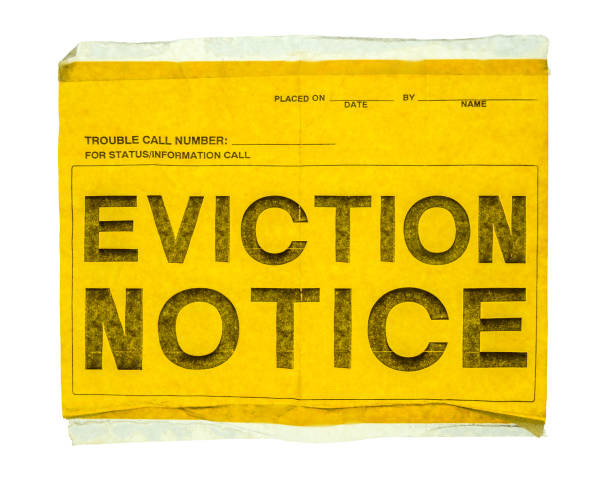“Black women are more likely than any other group to be evicted, according to a USA TODAY analysis of four years of local and national housing records and data from the University of California, Berkeley. Black women renters get filed against at twice the rate of white women renters nationwide.”
Tue, April 5, 2022, 5:22 pm. Romina Ruiz-Goiriena and Kevin Crowe, USA TODAY
Since the Center for Disease Control (CDC) eviction ban was ended by the U.S. Supreme Court on August 26, 2021, evictions have been on the rise, and journalists have started to focus more frequently not just on the eviction itself, but on the pain caused to entire families as a result. And from the court record data collected by these investigative journalists, it seems that landlords have become more vicious in their choice to toss out tenants, perhaps because of pent-up anger at the government halting their normal eviction practices during the Covid public health emergency.
Some landlords, particularly the corporations and Wall Street financial firms that have been buying up single family homes and renting them for exorbitant prices, are typically, but not exclusively, the bad actors. The stories range from renters’ past due amounts totaling $10; a woman begging for an extension of four days until federal help comes through; landlords refusing to accept the federal relief money offered to them ( in order to receive the Covid emergency funds, the landlord has to sign off on the process, and many do not); state and local governments and the non-profits they entrust to deliver the federal funds, inexplicably failing to distribute billions of dollars, and more. The stories are myriad and painful just to read.
When the Supreme Court struck down the eviction ban in August 2021, it did so amid a crisis: The Covid-19 delta variant was surging, between 11-15 million people were behind on their rent, mainly because of 18 months of lockdowns, and about a quarter of that number were African Americans.
— For this evening’s reads, I’ll start with USA Today’s deep dive into evictions, which demonstrate through data compiled by the University of California at Berkley, that Black women bear the brunt of recent renter evictions. Thanks to my friend, Jim, for sending me this important article.
Chambers' troubles began when she lost her nursing contract several weeks earlier, days before rent was due. A week later, Chambers asked her landlords for four more days to pay the rent. She felt it was a fair request. The 44-year-old nursing assistant said she had paid her $2,490 monthly rent for four years without incident…And her landlords knew how hard she had been working in COVID-19 wards treating intensive care patients up and down the Pacific Northwest.
https://www.yahoo.com/news/lost-everything-black-women-evicted-230204780.html
— A second, related article from The Conversation, written by an attorney specializing in housing law and published shortly after the Court lifted the eviction ban, analyzes the decision and its probable effects. But it doesn’t take an expert to understand that hourly and other low wage workers are the most impacted by allowing evictions to continue. I’ve seen many comments railing against those who want to continue the eviction moratorium and denouncing the evicted as lazy bums who don’t want to get a second or third job to pay their Covid rent arrears and their skyrocketing lease renewals. Keep in mind that in addition to those being evicted because they can’t afford their current rent, many more tenants must leave their apartments or homes because with a lease renewal likely comes triple digit rent increases they can’t afford.
While most of the people who lost their jobs as a result of COVID-19 shutdowns and other restrictions in early 2020 have now returned to work, many still struggle to pay the debts – including back rent – that accumulated while they were unemployed.
—And finally for this evening, I wanted to let you know (in case you haven’t noticed) that I’m trying out different days for posting and would love your feedback. What days of the week would you most like to receive the Crime and Punishment newsletter? Do you have a topic of interest relating to the general themes of poverty in the United States and/or the intersection of economic, racial and environmental disparity that you’d like me to cover? Let me know in the Comment Section below.
And don’t forget to leave your thoughts on the overturn of the eviction moratorium and its aftermath. Have you or anyone you know been evicted?
And if you are not already a free or paid subscriber, please sign up right here and now.




